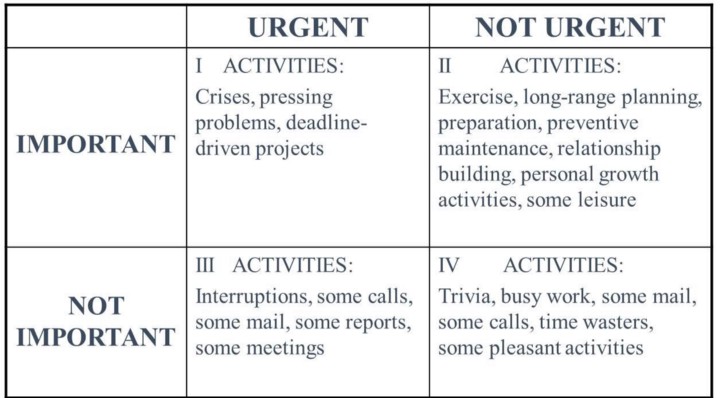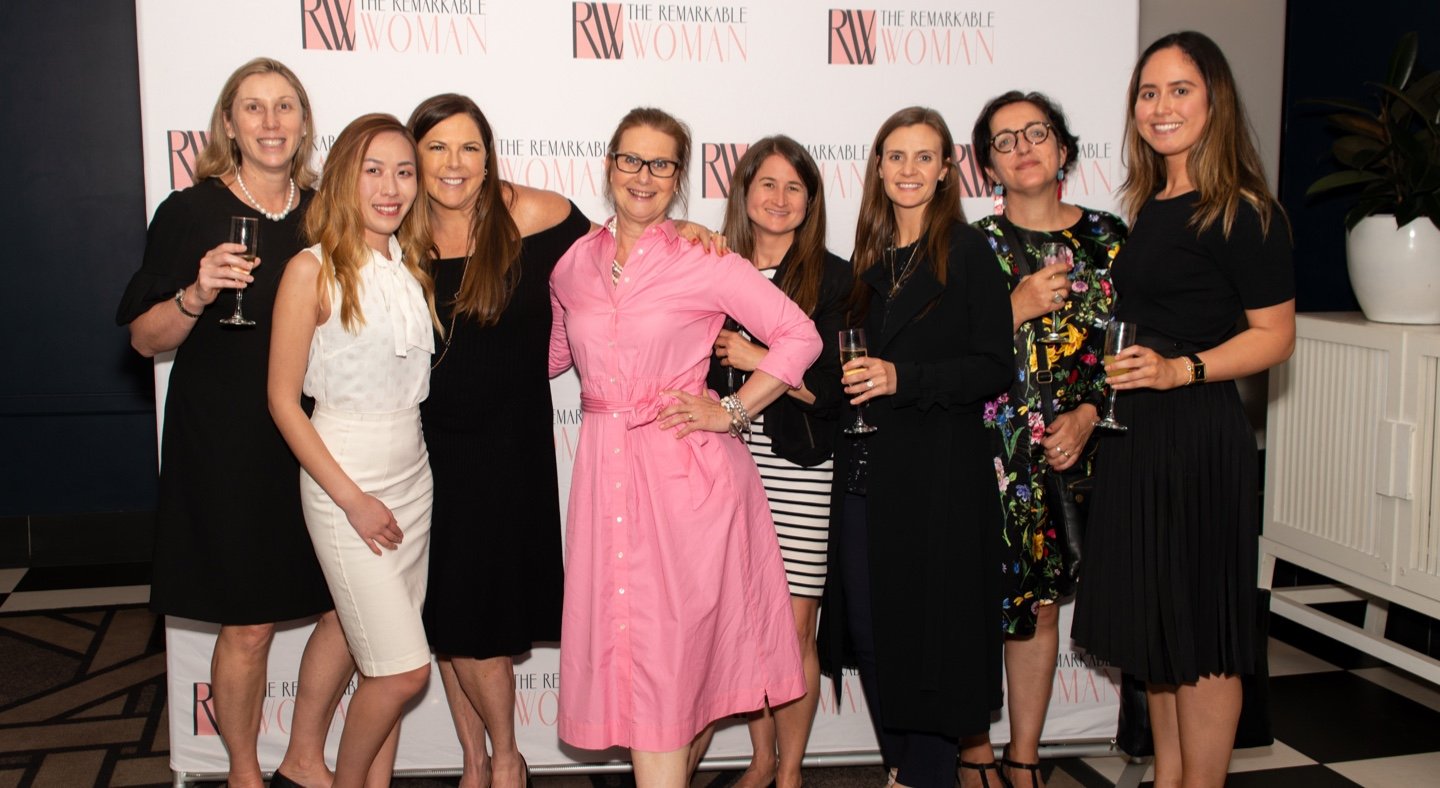Staying productive is one of the key challenges we face throughout our daily lives. It’s almost like every corner hides an opportunity for procrastination to snatch us away. When it comes down to it, staying productive is a skill that relies on really knowing yourself, your core purpose, and what your main priorities are.
Know thyself
We tend to know so much more about our friends, celebrities, TV shows and other general minutiae than we do about ourselves.
You’ll be surprised at some of the things you assume about yourself; you just need to ask the right questions and be patient — the answers always reveal themselves in time.
It’s scary how many of us operate on preconceived assumptions about ourselves and what we believe. This can detrimentally affect our productivity because we may be carrying around limiting beliefs like: “being organised is hard, and I was always bad at it”, meaning that we avoid taking on extra projects that could really showcase our skills and talents — which ends up affecting our opportunities for an upcoming leadership role.
Only when you know yourself can you really plan effectively for your future.
Go in the direction of your purpose
Sometimes we can think that productivity is about getting all the things done on our task list. Getting things done is a really important part of being productive, but it really doesn’t count for much if those tasks don’t get you closer to your goal.
In order to make sure that we are being productive, we should make our to-do list for the day, then ruthlessly audit tasks to put them in order of importance and urgency. What tasks are important for our long-term success vs the ones that are important for our daily success? Keep your purpose and long-term goals in mind when doing this.
Stephen Covey’s famous ‘Matrix’ is a good place to start when organising your tasks for short and long-term success. He reminds us that not everything that comes across our desks is urgent, or even important.

Pro tip: Don’t confuse productivity with being busy
When we’re in the middle of our busy day, we can be so pleased that we’re ticking off all our tasks that we forget to audit the actual importance of the tasks themselves. Being busy doesn’t equal productivity. We often allow ourselves to get inundated with tasks in order to distract us from what we really need to do — the hard stuff.
Tackle the hard stuff first in your day
We’re all really good at dodging stuff that we don’t want to do. Actually, we are biologically programmed to chase pleasure and run from pain. This is called the pleasure principle; a set of rules that govern how we should behave in order to survive.
The curveball is that the pleasure principle works great if you’re a prehistoric neanderthal whose only job is to hunt for food, reproduce and not get killed by a lion. Today, this doesn’t really help us. We need a set of skills that help us to take the best possible actions today, and also enables us to plan effectively for our future.
Our biology and physiology don’t really help us get motivated and do all the hard stuff that we need to. So…since we know that doing the hard stuff is not going to fun, we should just do it as soon as we wake up in the morning. This has a 3-fold effect:
-
Every task thereafter is perceived as much easier and more enjoyable.
-
We get some momentum going.
-
Those who do their hard tasks first in their day are much more successful in the long-term.
There’s a popular productivity term: ‘Eat That Frog’, which really tells you how crappy it is to get the hard tasks done first. Here’s a secret: no one actually enjoys doing the hard, important and productive work that helps achieve their goals. This is especially true for successful people. The trick is that they’ve accepted the fact that it’s not always going to be fun to make the necessary strides forward — they make it a habit to ignore the discomfort, and blatantly push ahead anyway.
Break things up into small actionable tasks
Achieving goals is a skill, not a result of luck. This means that goal achievement can be learned, taught and practised.
If we want to be productive, we need to plan out our long-term goals, then specify the steps that we need to take in order to get there. Once we’ve identified the steps, we dig a little bit deeper so we can see what needs to be done to in order to complete each individual step.
If your long-term (and very ambitious) goal is to be the CEO of the company in 5 to 10 years, some of your short-term goals may include to first become the manager. Then you can break down this goal into:
-
· Complete courses in areas like leadership, negotiation and business
· Take on more projects
· Build rapport with key people in the business
· Up-skill in key areas
Once you have identified your short-term goals; brainstorm the specific steps you should take that would best help you get there — then choose the step with the most amount of upside and least amount of pain.
Remember, you can change your approach, and even change your goals along the way. Sometimes it’s smart to pivot away from a goal that’s not going to serve you in the short to long term. But, the only way to really know, is by knowing yourself and your purpose.
Once you start achieving some of your steps, you’ll have more insight to better re-evaluate your next move.
Don’t be afraid to ask for help from those you trust. Sometimes we can be too close to our ideas and plans that we forget the big picture. Surround yourself with people who will remind you of why you are making sacrifices, working extra hard, and hustling like narcotics peddler to be successful.
Key takeaway
As important as tools, tips, hacks, tricks, secrets, shortcut and scoops are; they don’t really work if we don’t know who we are and why we’re doing what we’re currently doing. Once we know ourselves and can confidently identify our purpose, we can make real headway in achieving our most important aspirations. Self-awareness makes us more productive because it ensures that we are doing the right things instead of a lot of things.


